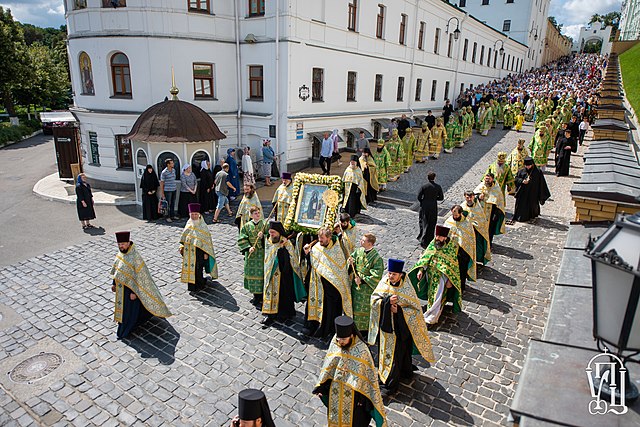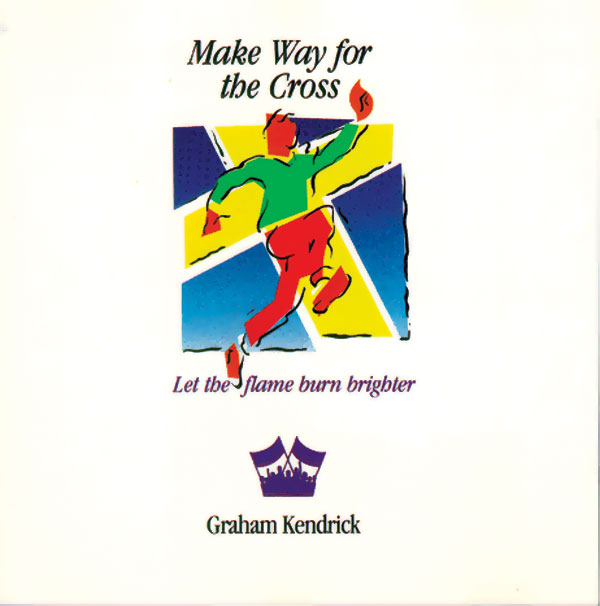
Creative Commons / Public domain
Today’s hymn from Sing Praise is a setting of Psalm 122 (121 in the Catholic numbering) by Bernadette Farrell, “I rejoiced when I heard them say”. What did they say? “Let us go to the house of our God”. This text, an obvious choice for a church dedication, religious procession or other celebration, has been set by various composers as a choir anthem, but Farrell’s version is a metrical setting of the psalm, presumably intended for congregational singing. The five verses are a close rendering of original (at least, very similar to other prose translations) with (as John will no doubt point out) no attempt at rhyming.
The chorus is not taken from the psalm but takes the phrase “Pray for the peace of Jerusalem” in verse 6 of the psalm (rendered more inclusively in verse 4 of the hymns as “For the peace of all nations, pray”) and uses the Hebrew word ‘shalom’ for ‘peace’, so we get “Shalom, shalom, the peace of God be here. Shalom, shalom, God’s justice be ever near”. Justice is one of Bernadette Farrell’s recurring themes.
The hymn would therefore be suitable, not only for a festival, but also for any act of worship where God’s peace and justice are a focus.
